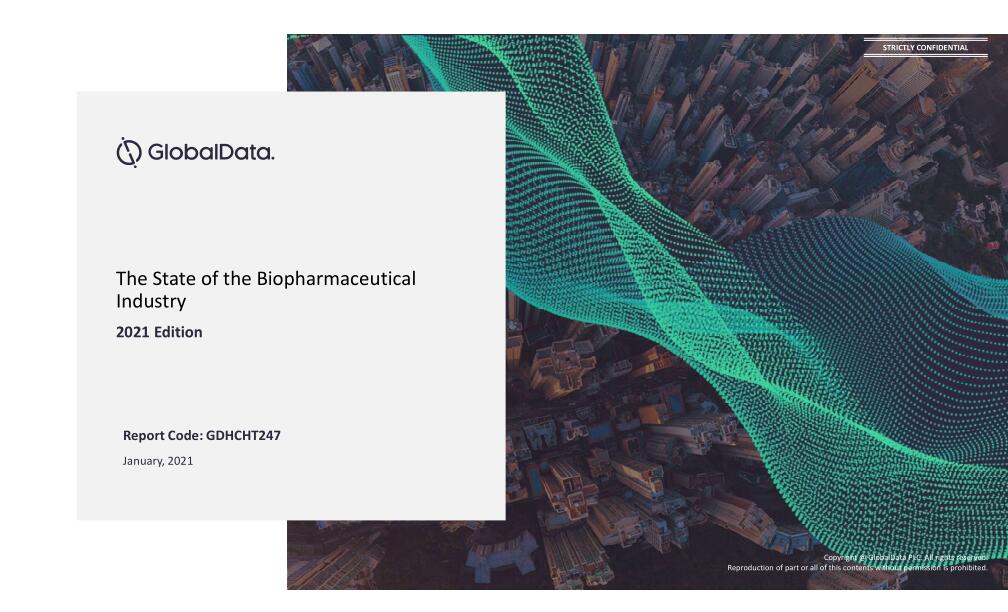Legal challenges put off label use of gender affirming care drugs in jeopardy
Experts debunk gender-affirming care safety concerns and detail logistical barriers to drug research as access for transgender patients gets restricted.

Earlier this week, the Florida Senate advanced a bill to restrict gender-affirming care for transgender minors. The bill is one of many that are currently being discussed in different states.
Many politicians have cited doubts about the potential “harm” caused by puberty blockers and hormone therapies associated with gender-affirming care and concerns about incorrect treatment as major factors. However, health specialists refute most safety concerns for the use of drug classes as part of gender affirming care, citing years of research and care. Dr. Barry DeCoster, PhD, an associate professor of bioethics at the Albany College of Pharmacy and Health Sciences, describes gender affirming care as “safe and effective” for most patients. Most drugs used here are prescribed off-label, and experts say pharmaceutical companies remain hesitant to conduct clinical trials studying gender-affirming care. This has pushed clinicians to explore different routes to prove the validity of these drugs.
The World Health Organization (WHO) defines gender-affirming care as a range of social, psychological, behavioural, and medical interventions that are “designed to support and affirm an individual’s gender identity” when it conflicts with the gender they were assigned at birth.
The laws proposed in several bills range in their potential influence; from restricting the prescription of gender-affirming drugs to criminalising the use of such drugs to allowing states to pursue lawsuits against parents who allow children to access such treatments. Dr Lisa Campo-Engelstein, a bioethicist, predicts that these factors and subsequent restrictions on statewide healthcare coverage will heavily restrict patient access to gender-affirming care. Campo-Engelstein is the director of the Institute for Bioethics & Health Humanities at the University of Texas Medical Branch, Galveston.
With restricted access and reduced prescription of puberty blockers and hormone therapies, the impact on pharmaceutical companies manufacturing these therapies also remains unclear.
Standards of care for gender-affirming therapies
The global standards for gender-affirming medical practices stem from the World Professional Association for Transgender Health (WPATH)’s yearly guidelines. WPATH’s recommendations are based on “the best available science and expert professional consensus” to give “safe and effective pathways” for transsexual, transgender, and gender-nonconforming people.
WPATH suggests an individualised approach to treating gender dysphoria. Generally, individuals first take on social gender-affirmation changes. Dr Sean Cahill, PhD, the associate editor of the global, peer-reviewed journal LGBT Health, says “for most young people, healthcare provided doesn’t even go beyond that [social affirmation of gender identity], but a lot of people… are misrepresenting what gender affirming care looks like in this country”. Following this, they may progress to the use of puberty blockers. After a minor has been on puberty blockers for two to three years, they may have the option to use hormone therapies upon further evaluation.
Puberty blockers are used in gender affirming care to delay the onset of puberty for gender dysphoric children of any gender. These drugs do not tend to have permanent effects and only cause a pause in puberty. While hormone therapies are allowed in the US, the age limit for this is dependent on the geographical area. Standard puberty blockers include Gonadotrophin Releasing Hormone (GnRH) analogues like Trelstar (triptorelin), Supprelin (Histrelin), and Zoladex (Goserelin), are only prescribed off label in the US and UK for gender affirming care. For example, Ontario, Canada-based Verity Pharmaceuticals’s Trelstar was FDA approved for palliative treatment of advanced prostate cancer and the other two are indicated for treating central precocious puberty and endometriosis, respectively. Several companies that produce commonly used puberty blockers such as Valera Pharmaceuticals, Endo International and TerSera Therapeutics, have remained silent on the ongoing debate.
Additionally, hormone therapies—testosterone to “masculinise” and/or transition to men, and oestrogen for transitioning to women and/or “feminising” the body—are an integral part of the plan. Testosterone stops menstrual cycles, decreases the ovaries’ ability to make oestrogen and more, while oestrogen allows individuals to develop breasts, rounder hips and changes to the reproductive system. The most commonly used testosterones in the US include Endo International’s Delatestryl (testosterone enanthate) and Aveed (testosterone undecanoate), and Pfizer’s Depo-testosterone (testosterone cypionate). These changes can be irreversible and can take up to five years to reach maximum effect. Common oestrogen therapies are mostly oestradiols such as Novartis’ Vivelle-Dot, Ascend Therapeutics’ Estrogel, and Teva Pharmaceuticals’ Gynodiol. Oestrogen hormone therapies are often approved for restoring hormone levels for cisgendered women, to reduce symptoms such as hot flushes and vaginal dryness.
Dr. Edmund Horowicz PhD, a lecturer in medical law and ethics at the University of Liverpool, counters discourse from those such as the Norwegian Healthcare Investigation Board UKOM, that characterises puberty blockers as “experimental” and untrustworthy due to their off-label prescription. One of the reasons why organisations, including pharma companies, do not enter this debate is because these drugs are used off label, says Horowicz. As these drugs are not licensed for the specific indication of gender-affirming care, collecting safety data on off-label use is not viewed as a priority.
Cahill says health centers across the nation, like his, see a sizable transgender population, and would be able to easily conduct longitudinal drug studies investigating safety measures and patient satisfaction. But the funding is not there, he adds. The onus for funding would most likely be on government agencies like the National Institutes of Health (NIH), says Cahill.
Moreover, there are some logistical barriers in designing such studies. While it is important to run randomised placebo-controlled trials, giving participants sham gender affirming care, for example, would worsen mental distress associated with gender dysphoria, says Horowicz. There might also be ethical considerations for denying care and some subjects may also drop out of studies.
Still, while the long-term impact of puberty blockers on bone-density and muscular skeletal development still needs to be studied, Horowicz asserts this should be viewed as a risk associated with a drug, similar to all other drugs. In Georgia’s bill, the legislators reason that the bill would be necessary under the “do no harm” principle, expressing safety concerns for minors.
Due to a lack of long-term data into the possible impacts of these drugs, some people have proposed a possible solution of only prescribing these drugs within studies until more data arises. But this would restrict these drugs to only those who choose to be trial participants, creating further ethical conundrums, says Horowicz. Furthermore, Horowicz states that clinical frameworks, such as WPATH’s guidelines, are already based on evidence from trials of these well-established drugs. New studies for this use would be “more to satisfy those who are concerned about the provision of puberty blockers than any kind of traditional expected model of pharmacological research”.
Possible consequences
Last year, the Biden administration proposed the implementation of a rule in section 1557, that would protect against limiting access to care by stating that “categorically refusing to provide treatment to an individual based on their gender identity is prohibited discrimination”. However, the recent state-specific gender affirmation legislations may look to contradict this. For example, in Florida, the Agency for Health Care Administration has prohibited Medicaid from covering any kind of gender-affirming care procedures like hormone therapies.
Campo-Engelstein says some states like Texas don’t allow coverage for gender-affirming care through public systems. However, she points out that gender affirmation practices are still completely legal in the context of intersex “correction”, yet lawmakers contradict their use for transgender individuals.
An immediate consequence of the possible legal ramifications of the bills is a shift in patient care and healthcare coverage, particularly for publicly funded hospitals. A bellwether for which states may see major changes in drug prescription and coverage, may be the ones that saw changes in access to abortion following the Supreme Court overturning Roe v Wade. “States that are banning abortion are going to be more likely to ban gender affirming care, because they’re both motivated by the same social and political values,” says Campo-Engelstein.
DeCoster says the lack of consultation with clinicians and patients in deciding these legislations does a disservice to those most affected by the new laws. “We should be having a health care system that is helping support and to raise up people to give them what they need,” he says.
What's Your Reaction?


































